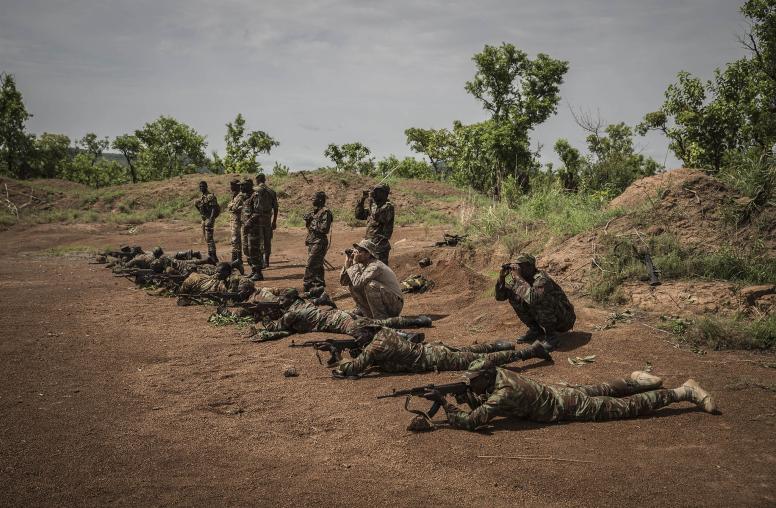Too often, the United States and its partners have failed to prioritize Africa in global counterterrorism efforts — leaving the door open for violent extremist movements to further destabilize the continent. The U.S. Institute of Peace’s Andrew Cheatham spoke with retired Lt. Gen. Michael Nagata, former director of strategy for the National Counterterrorism Center and a current member of USIP's Senior Military Advisory Group, about the evolution of violent extremism in Africa. Their conversation looks at how an overreliance on the use of force to combat terrorism neglects the societal, economic and political issues that breed violent extremist movements to begin with, as well as ways to bridge the mismatch between what Africans care about in terms of counterterrorism and what other nations tend to prioritize.



